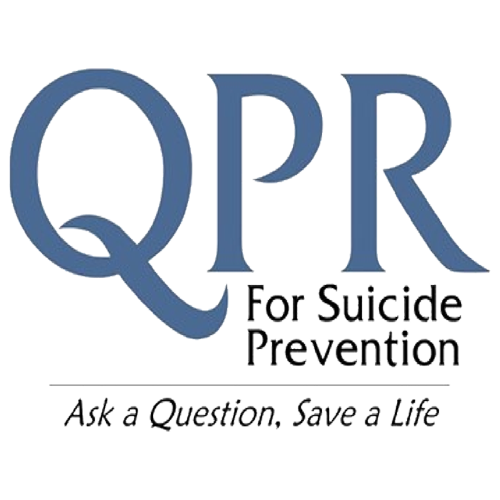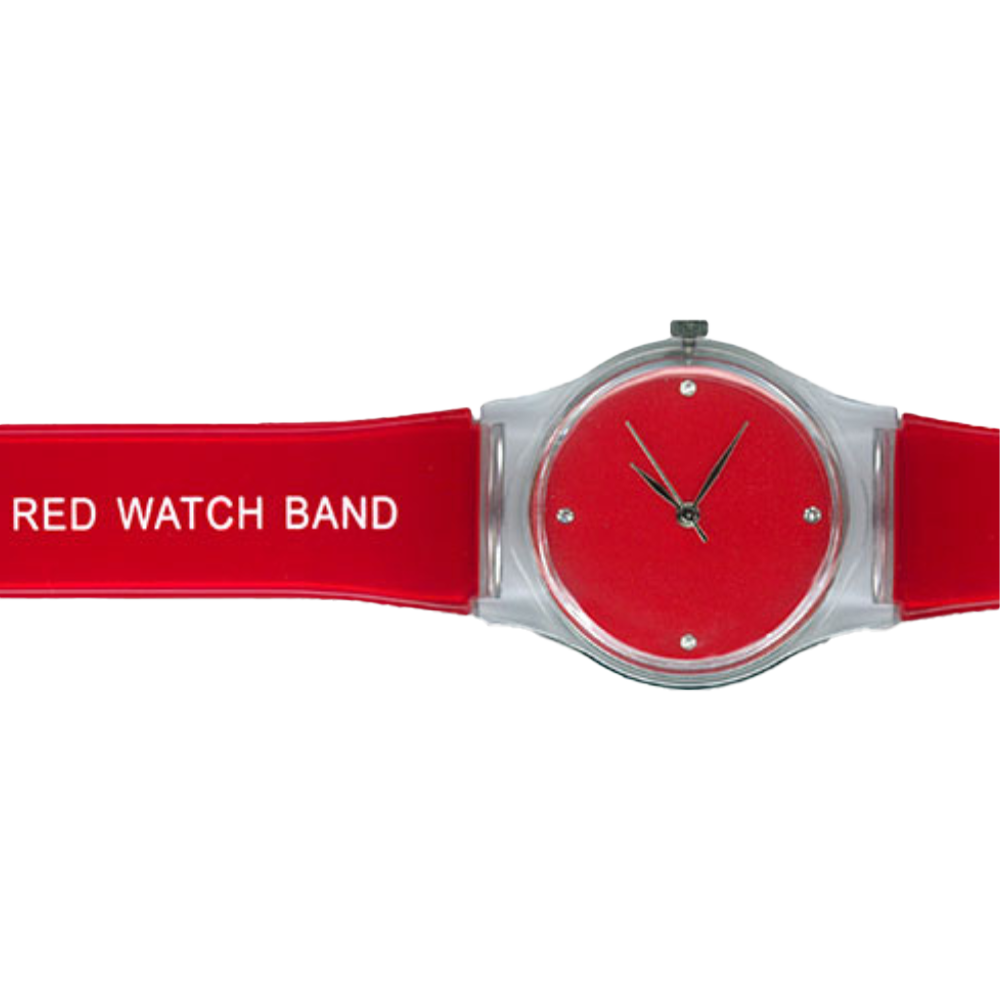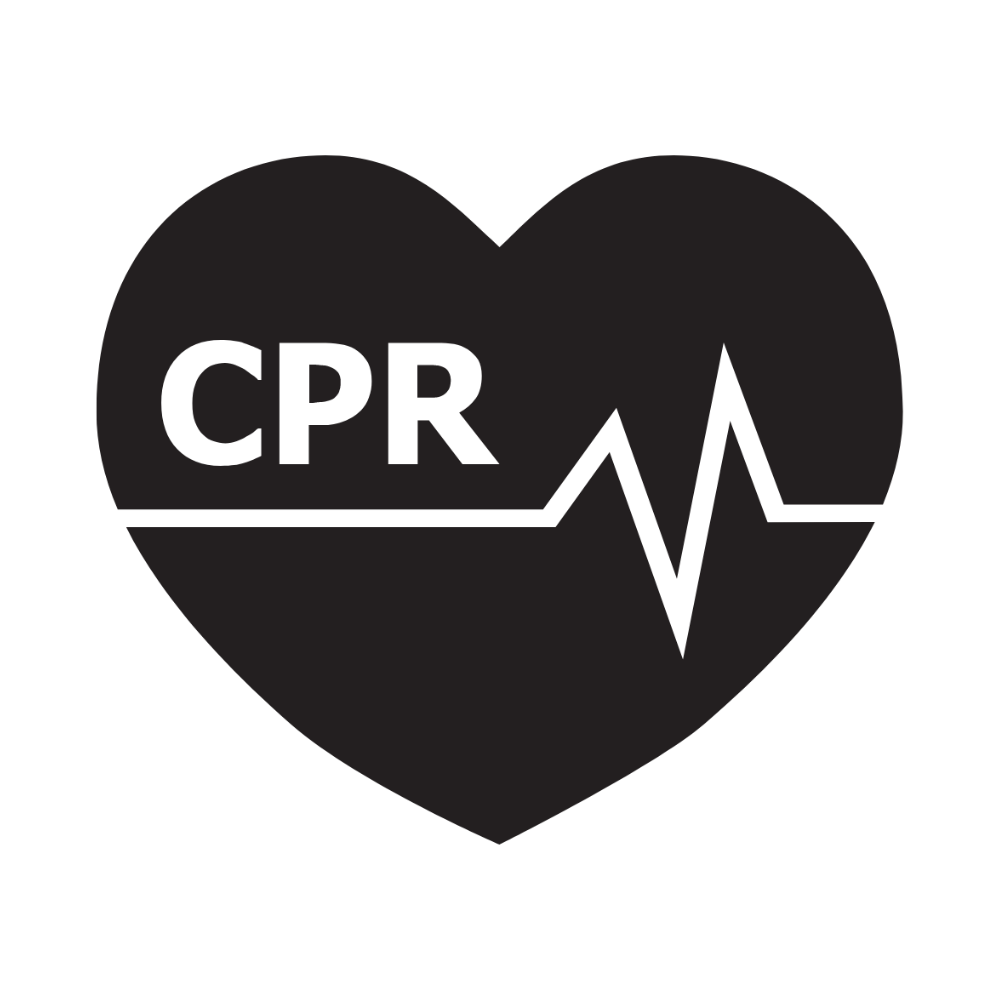Bystander Intervention Trainings
The Center for Prevention and Outreach proudly offers a robust bystander intervention training program. Students can help keep their friends, peers, and the larger Stony Brook community safe by learning how to intervene in emergency situations. Our bystander trainings include:
By completing the four bystander intervention trainings listed above (Green Dot, CPR, QPR, Red Watch Band) you may be eligible for the Upstander Award. Students who complete all four bystander trainings a semester before their graduation (i.e., May 2028 graduates must finish by the end of the Fall 2027 semester) will be presented with the Upstander Award, including a certificate and graduation cord.
You can register for our Bystander Intervention Trainings
Sign up HereHave you already completed QPR training with CPO, but are you looking for a refresher to reinforce your knowledge and skills? Check out SUNY's Self-Study QPR! Learn more here: https://www.suny.edu/mental-health *Please note, the SUNY Self-Study QPR is intended as a refresher in addition to our core campus QPR training and does not satisfy the requirements for Stony Brook's Upstander award.
The annual Upstander Gala takes place every April. Students eligible for any awards are sent a virtual invitation in early April.
If you have any questions about your Upstander status or need a copy of your bystander training certificate, please contact cpo_upstander@stonybrook.edu.
**Please allow two weeks after your training before requesting your certificate.
Green Dot
participants learn how to recognize risky or potentially violent situations and practice skills and strategies for intervening to prevent or address what's happening.
____________

QPR
students will understand how to recognize the signs that someone is communicating suicidality, offer them HOPE and have the courage to connect them to mental health resources.
____________

Red Watch Band
educates students on the signs of an alcohol overdose and how to call for help. Narcan opioid overdose prevention training is included with ALL Red Watch Band trainings.
____________

CPR
or cardiopulmonary resuscitation can help save a life during cardiac arrest or emergency.
____________

